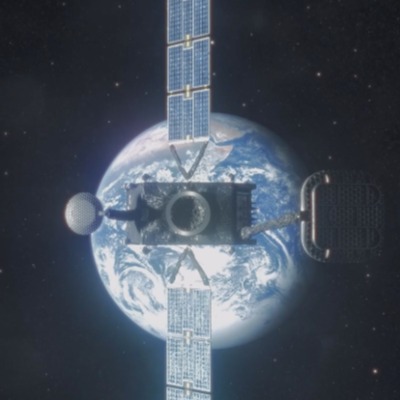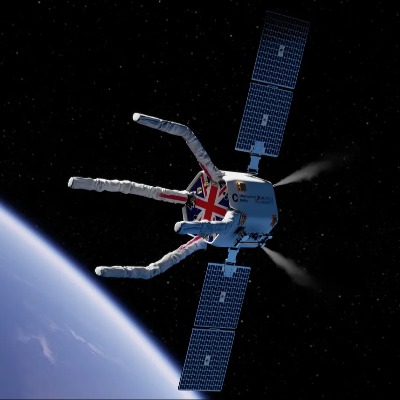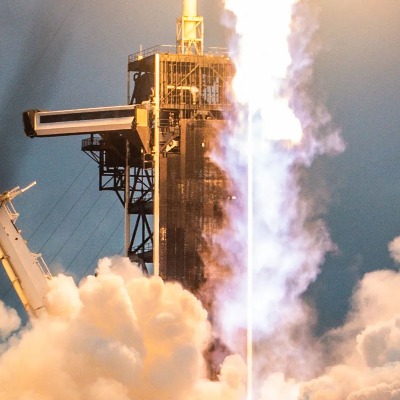Rocket Lab Launches First NASA Earth Science CubeSat, Marking Mission To Study Earth's Poles

Rocket Lab has successfully launched the first of two NASA Earth science CubeSats, kicking off the agency's Polar Radiant Energy in the Far-InfraRed Experiment (PREFIRE) mission. The Electron rocket lifted off at precisely 3:41 AM EDT (12:41 AM PDT) from Launch Complex 1 on New Zealand's Mahia Peninsula, carrying a 6U CubeSat into a sun-synchronous orbit.
This mission marks a significant milestone for both NASA and Rocket Lab. For NASA, PREFIRE aims to fill critical gaps in our understanding of Earth's energy balance, specifically how much heat our planet radiates back into space from the poles. The two shoebox-sized CubeSats, each carrying a thermal infrared spectrometer, will measure far-infrared emissions, providing data that will improve climate models and predictions of future climate change.
"We are thrilled with the successful launch of the first PREFIRE CubeSat," said Thomas Zurbuchen, Associate Administrator for NASA's Science Mission Directorate, in a press release. "This mission exemplifies NASA's commitment to utilizing small satellites for groundbreaking scientific research."
For Rocket Lab, the launch represents another successful mission for the Electron rocket and a continuation of its strong partnership with NASA. This marks the second time Rocket Lab has launched a NASA payload, solidifying its position as a reliable provider of launch services for small satellites.
"We're proud to be a part of this important mission for NASA," said Rocket Lab founder and CEO Peter Beck. "Electron's proven reliability and ability to deploy smallsats to precise orbits make it an ideal launch vehicle for scientific CubeSat missions like PREFIRE."
The first CubeSat successfully separated from the Electron rocket approximately nine minutes after liftoff. Ground controllers at NASA's Jet Propulsion Laboratory (JPL) have confirmed communication with the satellite and initiated the crucial checkout phase. A second Electron launch carrying the identical second PREFIRE CubeSat is slated for liftoff "in the coming days," according to both NASA and Rocket Lab.
The two CubeSats, operating in slightly different orbital planes, will provide comprehensive data on far-infrared emissions from the Arctic and Antarctic regions. This mission is expected to operate for ten months, collecting vital scientific data that will enhance our understanding of Earth's heat balance and its impact on climate change.
The successful launch of the first PREFIRE CubeSat marks a promising start to this collaborative mission. As the mission progresses and both CubeSats collect data, scientists will gain valuable insights into Earth's energy budget, potentially leading to more accurate climate models and better predictions for the future of our planet.




